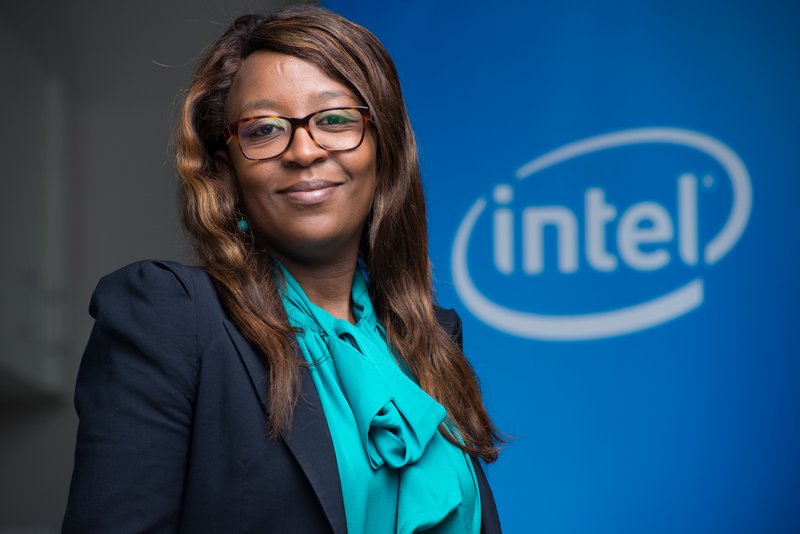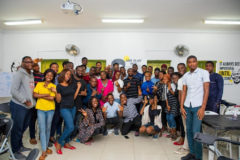When I got the invitation to attend the Intel Developer Forum, the first question I asked was if there would be African developers there too?
The answer was “unlikely”. Unlikely that they would make the trip. Naturally, most of the developers that attend IDF live in the U.S.
That is not to say that Intel is not interested in African developers. Before I left for San Francisco, I had a chat with Agatha Gikunda, Intel’s Software and Services lead in East Africa. Agatha has spent the better part of her one year in the role connecting with the technology community in Kenya and encouraging the developers there to build their software in ways that take advantage of Intel architecture.
A lot of that engagement happens via technology hubs, which of course are natural centers of gravity for developers, as well as in universities via student partner programs.
There are broad scale interactions — trainings and events that are administered to large groups at a time. However, Agatha’s team have gone on to identify individuals whom they term “advanced developers” with more mature products. These ones, up to 35 of them at last count, have been supported on a one-to-one basis in areas where Intel believes they can add value.
One of the things that Agatha has found is that developers could use more than just technical support. On occasion, Intel will go as far as providing go-to-market strategy for promising ideas, like a really great consumer app.
“Developers obviously understand the tech part, but do not necessarily have business acumen. So they create these great technical solutions but haven’t really thought about how they are going to make money, or if there is an actual need in the first place. So we are now integrating entrepreneurship training into our programmes”.
Relative to Google and Microsoft, and even Qualcomm, Intel’s relationship with African developers is still new. A lot of their previous and current Africa activity has been at a high level and mostly about promoting technology adoption, working with governments on technology friendly policy and trying to install a sustainable backbone on top of which all the other nice things like phones, self-driving cars, augmented reality, internet of things and more work.
However, the continent’s one billion plus population is adopting technology at an unprecedented rate, and the biggest enablers realise that the only way to acquire and keep customers in this exploding growth market is to ensure that their platforms are replete with locally relevant offerings.
Agatha says Intel is working hard on getting boots on the ground in more countries, starting from Nigeria, and then South Africa. In the meantime, she is exploring local partnerships in African countries where Intel is yet to establish a physical footprint with a view to encouraging developers to join Intel’s global community of developers on the Intel Developer Zone.



















